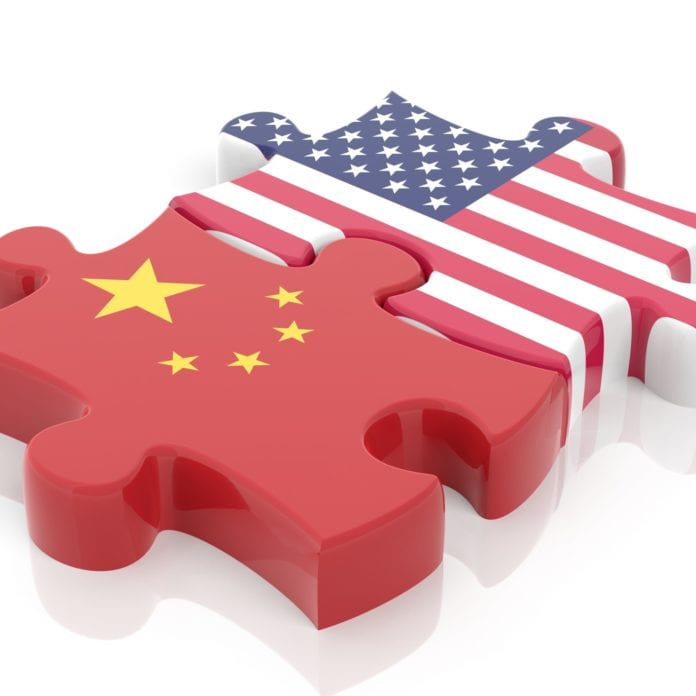ZTE issued an internal memo with apologies for customers and employees
The U.S government will “shut down” Chinese vendor ZTE in the United States if the engages in one more violation of U.S. trade rules, White House trade adviser Peter Navarro told U.S press on Sunday.
“It’s going to be three strikes you’re out, on ZTE. If they do one more additional thing, they will be shut down,” Navarro said during an interview with Fox.
The trade adviser also said that President Donald Trump’s decision to allow ZTE to continue operating in the United States was a gesture to help build goodwill with the Chinese government.
“The President did this as a personal favor to the president of China as a way of showing some good will for bigger efforts such as the one here in Singapore,” said Navarro, referring to the summit between Trump and North Korean leader Kim Jong-un, which will take place this week.
The Chinese vendor ZTE has issued an internal memo with apologies to its staff and customers after it reached an agreement to pay $1 billion to the U.S Government in order to resume trading with American firms.
ZTE Chairman Yin Yimin told staff in a memo, that the scandal which had resulted in an export ban on ZTE was the fault of the firm’s leadership, according to a report by Reuters.
“This issue reflects problems that exist with our firm’s compliance culture and at management level,” Yin reportedly said. “The activation of the denial order has caused huge losses for the company. The firm has paid a disastrous price,” he added.
Last week, the U.S Department of Commerce confirmed it had reached an agreement with ZTE to lift the seven-year export ban. Under the agreement, ZTE must pay up to $1.4 billion, replace its entire board of directors and senior leadership, and submit to a decade of embedded U.S. trade monitors in order to resume receiving exports from U.S. tech companies.
ZTE has to pay $1 billion in fines and put another $400 million in escrow for “suspended penalty money,” in addition to $892 million that it has already paid under the March agreement, according to the Commerce department.
ZTE is also required to hire a team of “special compliance coordinators” that will be chosen by BIS and answerable to the U.S. agency, not ZTE. For 10 years, those compliance coordinators will “monitor on a real-time basis ZTE’s compliance with U.S. export control laws,” according to the Commerce Department, adding that embedding such personnel with the company means that it will be able to identify and respond to violations faster.
That seven-year ban was imposed by the department’s Bureau of Industry and Security in March, after the vendor allegedly did not live up to the terms of an agreement that had been worked out after it illegally shipped telecom equipment to Iran and North Korea. In early May, ZTE said it had ceased its major operating activities due to the export ban.
“Some reports have put the losses from ZTE at $3.1 billion as of the end of May 2018. The operations will be able to start back up once the ban is lifted. In terms of contracts, for mobile phones, yes, there is some permanent damage from the U.S. market and possibly elsewhere. For network equipment, I don’t think any changes in China have occurred. Elsewhere globally, maybe they have had some upset mobile operators, but I have not heard of any total cancellations of contracts,” analyst Earl Lum of EJL Wireless Research told RCR Wireless News.
“I think ZTE needs to appoint more non-Chinese people to its management team. It remains ‘too Chinese’ in this global market. Huawei shifted many years ago to this strategy to better understand local markets,” Lum said.

